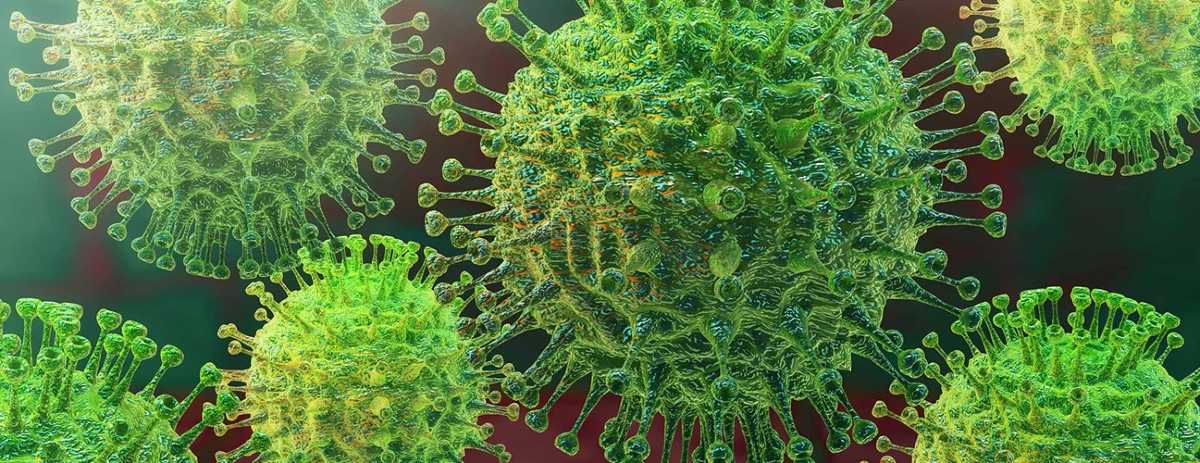
Coronavirus: what happened to America’s bioethics commission?
Where is Trump getting his advice?
Let’s look at the worse-case scenario for the coronavirus epidemic in the United States. According to a report in the New York Times, experts from the US Centers for Disease Control and Prevention and universities around the world came up with some very grim figures:
- Between 160 million and 214 million Americans could be infected
- Between 200,000 and 1.7 million people could die
- Between 2.4 million and 21 million Americans could require hospitalization – but the US has only about 925,000 staffed hospital beds
These catastrophic outcomes are highly unlikely. But a pandemic which might kill hundreds of thousands of people seems like a good time for President Trump to get on the phone to his bioethics commission and ask for advice.
Ooops, there isn’t one. The Administration decided not to follow the lead of Presidents Bush and Obama.
This bothers Christine Mitchell, the executive director at the Center for Bioethics at Harvard Medical School. She made a few interesting observations in an interview published in the New Yorker.
Social constraints. If a person doesn’t have health insurance and doesn’t come to be tested or treated, and if they don’t have sick-time coverage and can’t leave work, so they teach at a school, or they work at a restaurant, or do events that have large numbers of people, these are all ways in which the spread of a virus like this has to be managed—and yet can’t be managed effectively because of our social-welfare policies, not just our health-care resources…
Unprepared. I’m appalled. We didn’t get ourselves ready. We’ve had outbreaks—sars in 2003, H1N1 in 2009, Ebola in 2013, Zika in 2016. We’ve known, and the general population in some ways has known. They even have movies like “Contagion” that did a great job of sharing publicly what this is like, although it is fictional, and that we were going to have these kinds of infectious diseases in a global community that we have to be prepared to handle. And we didn’t get ourselves as ready, in most cases, as we should have. There have been all these cuts to the C.D.C. budget, and the person who was the Ebola czar no longer exists in the new Administration.
A bioethics commission. I don’t know which ethicists are advising the current Administration. The Trump Administration decided not to have a National Bioethics Commission, so there isn’t one in place. So I don’t know who’s doing that…
Allocation decisions. We are going to have to figure out how we choose who has what kinds of resources, whether it’s the testing piece, or it’s inpatient treatment, or it’s the testing of the new vaccines when we, a year or more away, get to the point where we’ve got something suitable for human testing. And then, if we’ve got vaccines to use, as we ramp those up, on whom are they used? One of the most live issues in this kind of debate is using those limited numbers of vaccines in the early days for first responders and health-care providers in order to maximize the capacity of the health-care system to treat the people for whom we don’t have enough vaccines yet. So it’s those kinds of allocation and rationing decisions that I worry about and anticipate are going to get more intense.
Michael Cook is editor of BioEdge
Creative commons
https://www.bioedge.org/images/2008images/FB_coronavirus_.jpg
bioethics commissions
coronavirus
- How long can you put off seeing the doctor because of lockdowns? - December 3, 2021
- House of Lords debates assisted suicide—again - October 28, 2021
- Spanish government tries to restrict conscientious objection - October 28, 2021
